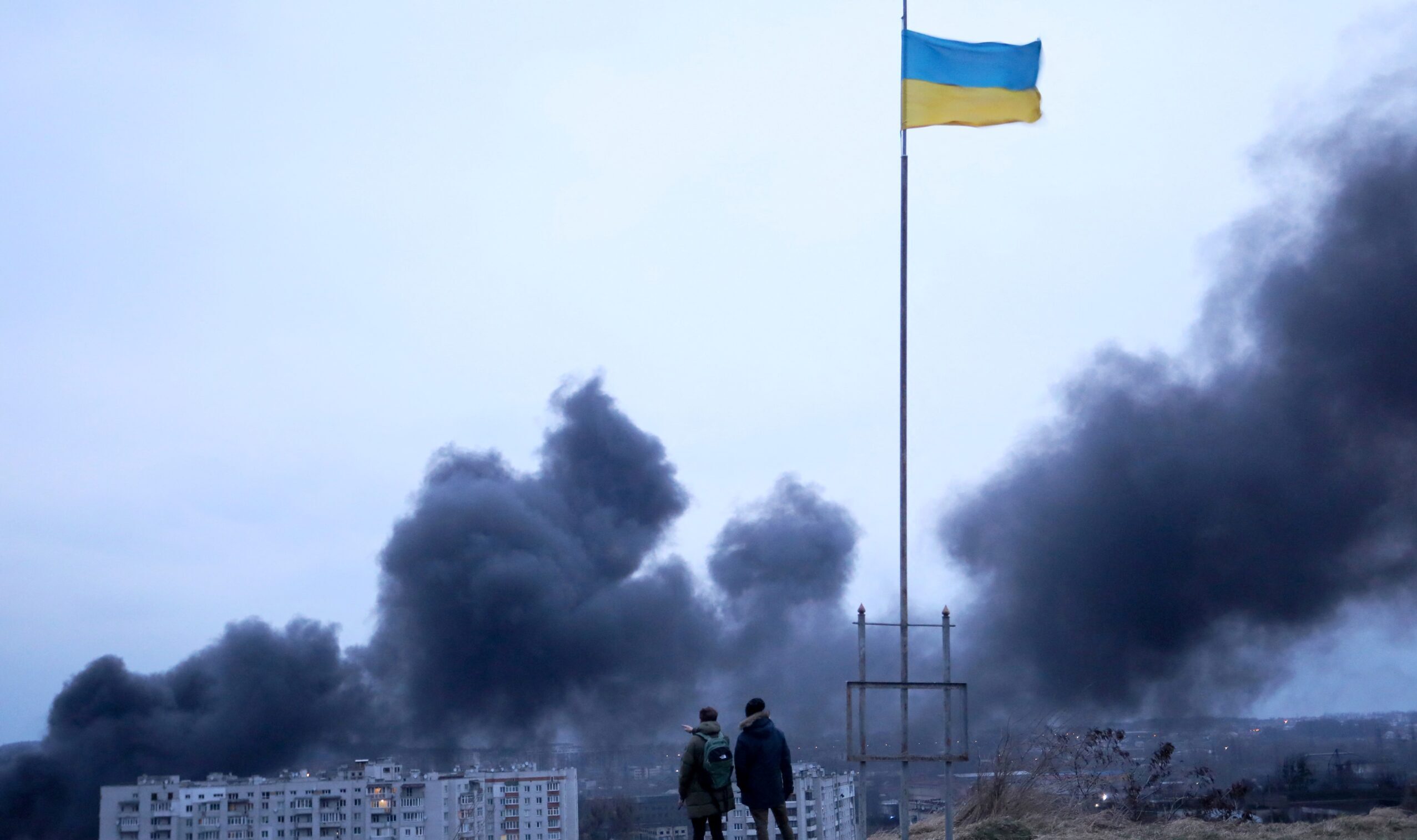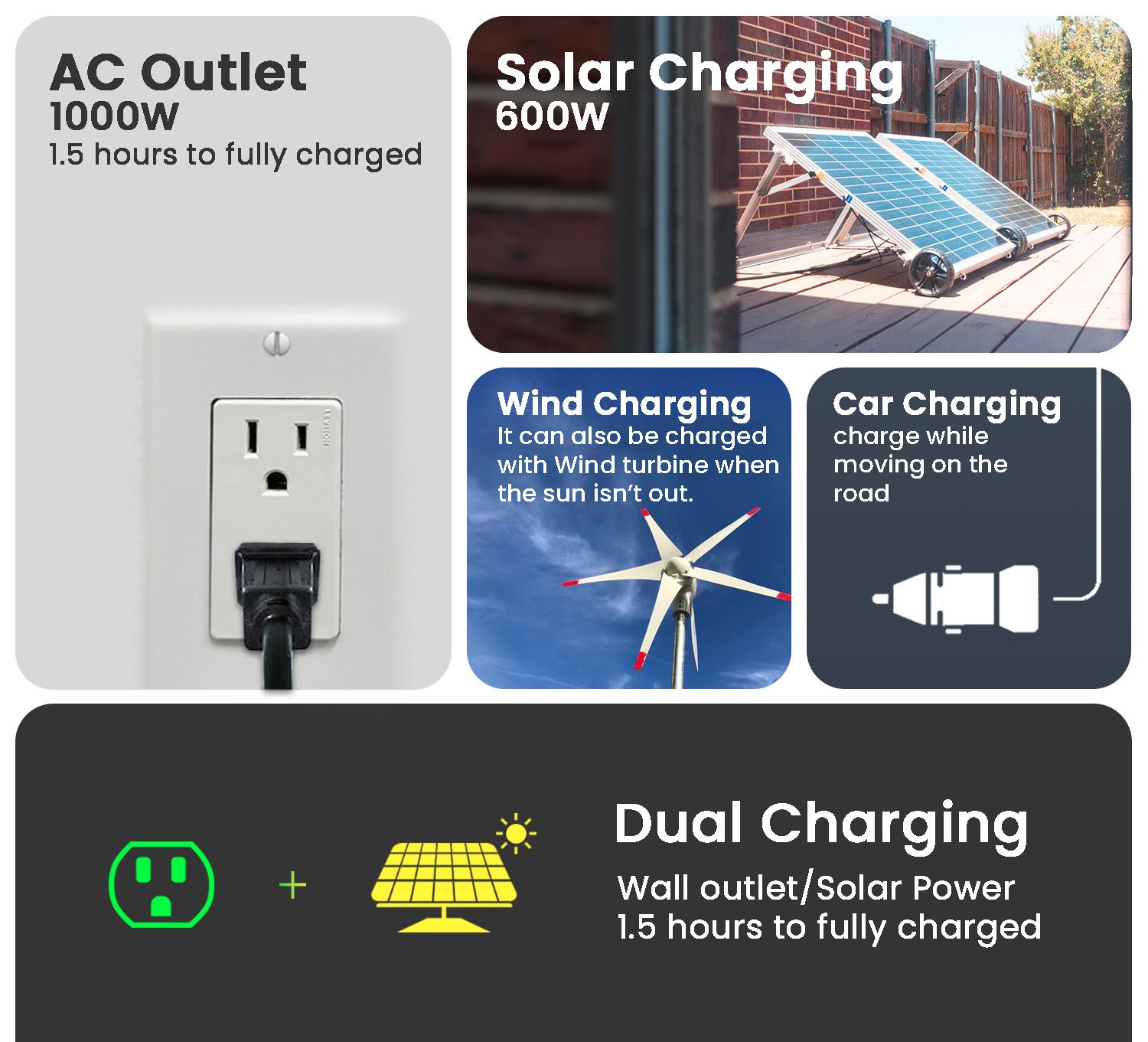Congress Dozes as Biden Dangerously Escalates in Ukraine
It is the legislature’s constitutional duty to keep a leash on American war powers.

The war in Ukraine is escalating dangerously while Congress is asleep at the wheel, with few realistic tools to stop the Biden administration’s escalation in the short term.
At the beginning of November, President Joe Biden authorized American contractors to deploy to Ukraine to maintain and repair U.S.-made weapons systems, a move which could put American lives at risk. Shortly thereafter, Ukraine fired U.S.-made ATACMS missiles into Russia for the first time after Biden lifted a ban on Ukraine striking targets within Russia. Sergey Lavrov, Russia’s foreign minister, argued that “without the Americans, it is impossible to use these high-tech missiles” and that the attacks are “a signal” that the West wants to escalate the conflict.
Two days after Biden released restrictions on Ukraine’s ability to strike within Russia, the Russian government finalized an anticipated change to their nuclear doctrine by lowering the standard for using nuclear weapons. It now states that an attack from a non-nuclear country, if backed by a nuclear power, will be treated as a joint attack on Russia. Russia appears to be sending a message that the United States’ support of Ukraine risks nuclear war with Russia.
This dangerous situation in Ukraine demonstrates the need for war powers reform. What if Russia retaliates against Ukraine for striking targets within Russia and accidentally, or intentionally, kills an American contractor? Certainly the administration would face intense political pressure to respond.
It’s important to remember that the Founding Fathers gave Congress the sole power to declare war and that Congress has not voted to authorize force against Russia. Nevertheless, the administration could cite Article II of the U.S. Constitution as domestic legal justification to retaliate in self-defense against Russia if Americans, including contractors, get caught in the crossfire of the escalating war. This is extremely dangerous: Americans are now in harm’s way, and if they are injured or killed, those deaths can be used as a pretext for escalation, when they shouldn’t have been there in the first place.
A member of Congress could theoretically introduce a war powers resolution to cease U.S. support for Ukraine right now, even if the United States is not directly at war with Russia. A previous war powers resolution introduced by Senator Bernie Sanders (I-VT), intended to halt U.S. support for the Saudi-led coalition in Yemen, set a precedent that the privileged legislation could be used to remove U.S. support under a broadened definition of the term “hostilities.” The issue is that, if Congress votes on a resolution, Russia may interpret the legislative action, no matter whether it succeeds or fails, as a tacit acknowledgement that the U.S. is in a direct state of war against the country by supporting Ukraine, deepening the risk of escalation.
Congress could also add language into the annual National Defense Authorization Act to cease financial support for Ukraine until specific conditions have been met to articulate a clear end to the war. However, that wouldn’t stop the immediate risk of escalation since the legislation is still in the drafting phases.
By encouraging Ukraine’s maximalist goals, the Biden administration is playing with fire, and it’s unclear for what purpose. The Ukrainian government hasn’t outlined a realistic strategy to end the war, nor has it provided a definition of what “winning” looks like. President-elect Donald Trump, who has reiterated his support for ending the war through diplomatic means, will be inaugurated in only a few short months. While short term escalation to win a few extra consolations at the negotiating table may sound advantageous to Ukraine at first, escalation runs the risk of souring any peace talks, especially if it spirals out of control.
Biden is allowing Ukraine to escalate dangerously when Americans voted against escalation by electing Trump, who pledged to end the war soon. Unfortunately, members of Congress have few good options to stop Biden from continuing to escalate the crisis, which is a reflection of the sad reality that Congress has abdicated its authority over war powers to the executive branch. The unfolding situation in Ukraine should concern every American because the Biden administration is taking the U.S. closer to direct war with Russia with little regard for the will of the people. We can only hope that calmer minds will prevail and that Washington and Kiev shift to a more realistic strategy.
The post Congress Dozes as Biden Escalates Dangerously in Ukraine appeared first on The American Conservative.



